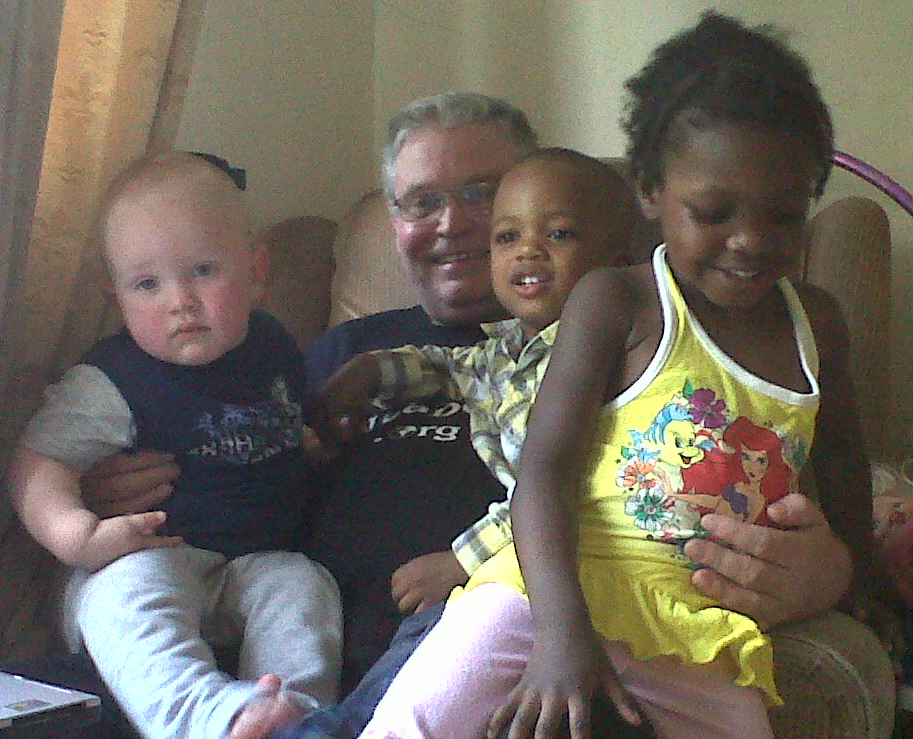Could, and should, greater effort have been expended attempting to ascertain whether Archie Battersbee was alive and conscious, and his wishes and feelings about the proposed ending of his life-support treatment?

Archie Battersbee was in hospital when he died, brain-injured so badly that if he was conscious, he was unable to exhibit consciousness by (say) responding verbally to ordinary enquiries addressed to him, questions such as, “Are you comfortable?”, or by moving fingers or facial muscles to answer such questions. He may even have been brain-stem dead by the time his treatment was withdrawn. I hope he was already brain dead for his sake, given what has been done to him. Perhaps a post-mortem will shed more light on that unknown.
Reportedly, Archie was in a coma, apparently unable to breathe without artificial support. The learned barrister and blogger Matthew Scott has posted today saying that Mr Justice Hayden was right to bring Archie’s futile treatment to an end. On the limited evidence before the public and Hayden J, I am not minded to dispute the rightness of the learned judge’s ruling, or of Matthew’s applauding of it. However, I suspect that, by all accounts, the hospital may have fallen short of the need to make adequate accommodations for a patient who may have suffered from a communication disability rather than a loss of all consciousness, as in the case of the late Scott Routley.
A patient’s inability to communicate in ordinary ways with the rest of the world is a severe disability indeed, one that needs a great deal of accommodation, if there is a need to ascertain the patient’s wishes and feelings for grave legal reasons, in what is a matter of life and death for the patient. This requires the attempted deployment of the extraordinary methods that are nowadays becoming available for interrogating so-called “locked in” patients, those who appear to be unconscious, but whom we nowadays know may be conscious but wholly unable to respond perceptibly to ordinary attempts to ascertain their wishes and feelings.
It would appear that the events that led to Archie’s death are such that there must now be a coroner’s inquest. If the relevant coroner purports to have the power to avoid holding an inquest into Archie’s death, I may be willing (as a litigant in person) to argue that an inquest is mandatory, as I hoped to in the case of Alfie Evans. That is, if am permitted to argue this point and nobody else more entitled than I am to make this argument decides to make it.
In the case of Alfie Evans, there was a court order forbidding Alfie’s removal from one hospital to another. Paul Diamond of counsel had attempted to obtain a writ of habeas corpus before the Supreme Court, which had ruled that either (a) Archie wasn’t detained by the state, or that (b) any state detention of Alfie had been lawful. The court rightly didn’t rule which of the two applied when dismissing the habeas corpus application, although you’d never have guessed this from the coroner’s comments when I sued him. I wasn’t allowed to argue that Alfie was detained by the state at the time of his death, settling the question the Supreme Court had rightly left unanswered, because (in my opinion) the judge who refused me permission to apply for judicial review of the coroner’s decision not to hold an inquest for Alfie, also conflated the interest of any member of the public – especially one who also relies upon the NHS – in a public inquest taking place into a death in the circumstances in which parliament had legislated that a public inquest was required, with the much greater and direct interest in the outcome of any inquest of a formal “interested party” entitled to representation at any inquest that might directly affect the inquest verdict.
In Archie’s case, there is an additional reason why an inquest is needed, namely the circumstances in which he is thought to have sustained his eventually fatal brain injury in the first place.
One way or another, Archie deserves a coroner’s inquest. I hope that that inquest addresses the point I am making again today, that extraordinary efforts should always be made to ascertain the wishes and feelings of patients who may be conscious but afflicted by communication disabilities that ought to be properly accommodated, by the making of those efforts.
In this blog post, I have not set out to document afresh what sort of extraordinary efforts should have been made to ascertain Archie’s wishes and feelings, to accommodate any communication difficulty he experienced if he was conscious in hospital, because I have blogged twice already about the modern capabilities that appear not to have been deployed in Archie’s case, here in 2018 and here in 2020.


 Cet animal est très méchant. Quand on l’attaque, il se défend.
Cet animal est très méchant. Quand on l’attaque, il se défend.




I think that there should be questions about the safety of the diagnosis brain-stem death. There have been people who have been declared as brain-stem dead yet have survived after the removal of life-sustaining treatment – even at the point of having their organs harvested.